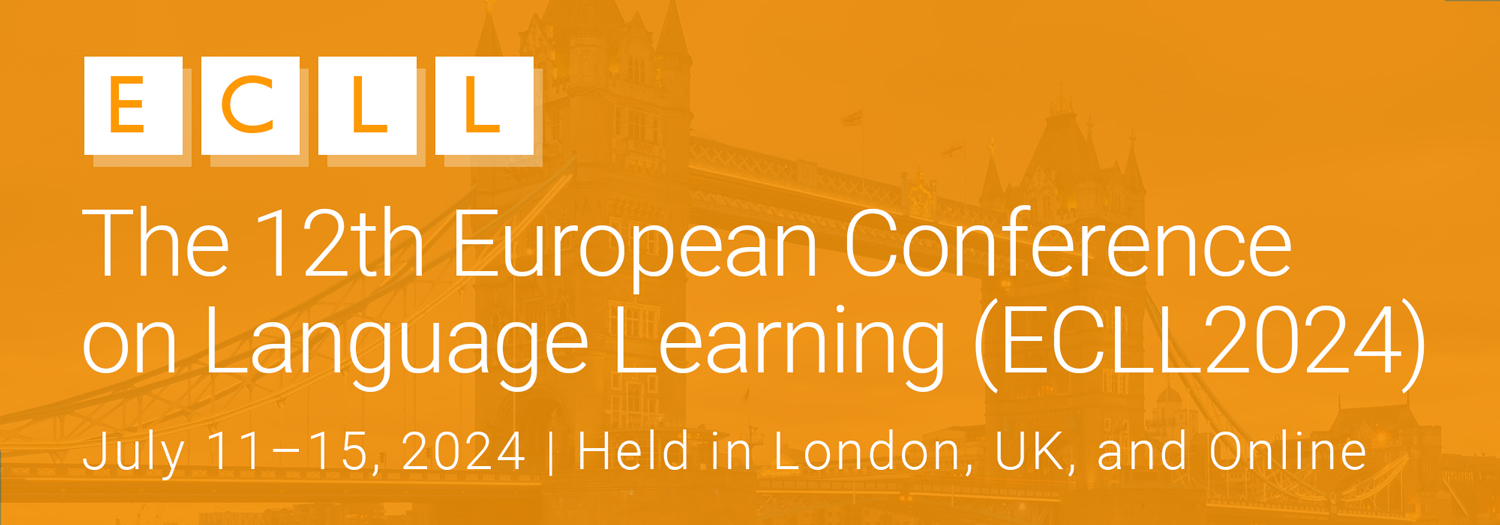Learning Novel Words for Motion With or Without Gesture: Does Language Matter? (80061)
Session Chair: Bipin Sherchan
Saturday, 13 July 2024 15:15
Session: Session 4
Room: G09 (Ground)
Presentation Type:Oral Presentation
The world’s languages follow a tertiary split in their expression of manner and path of motion, with greater use of verbs to express manner in satellite-framed languages (English), path in verb-framed languages (Turkish), and comparable expression of manner and path in equipollently-framed languages (Chinese; Slobin, 2004; Talmy, 2000). These language-specific patterns also influence the way speakers think about motion events and become evident in nonverbal measures such as co-speech gestures (Özçalışkan et al., 2016; Tutuncu et al., 2023), particularly when speakers are verbalizing the event (i.e., thinking-for-speaking account; Slobin, 1996). In this study, we extend this account to novel word learning that does not require verbalization of motion in one’s native language. Specifically, we tested 173 adults who are speakers of Chinese (n= 60), English (n= 53), or Turkish (n= 60) for learning novel words (e.g., chulsu, mernu) that encoded either manner or path of motion with or without gesture, given the beneficial effects of gesture on learning (Goldin-Meadow, 2014). Speakers of all three languages learned pseudowords for manner more accurately than path (p=.025), with overall lower accuracy and slower reaction times for learning among Chinese speakers (p’s<.001). There was, however, no effect of modality—speakers learned novel words equally well when instructed with or without gesture. Overall, our results suggest that the structure of one’s native language has minimal effect on learning novel words for different motion components in a new language, even if those components are expressed at different rates in the native language of the speakers.
Authors:
Irmak Su Tütüncü, Georgia State University, United States
Samantha N. Emerson, Aptima Inc., United States
Jing Paul, Agnes Scott College, United States
Murat Şengül, Hacı Bektaş Veli University, Turkey
Şeyda Özçalışkan, Georgia State University, United States
About the Presenter(s)
Ms Irmak Su Tutuncu is a University Doctoral Student at Georgia State University in United States
See this presentation on the full schedule – Saturday Schedule





Comments
Powered by WP LinkPress